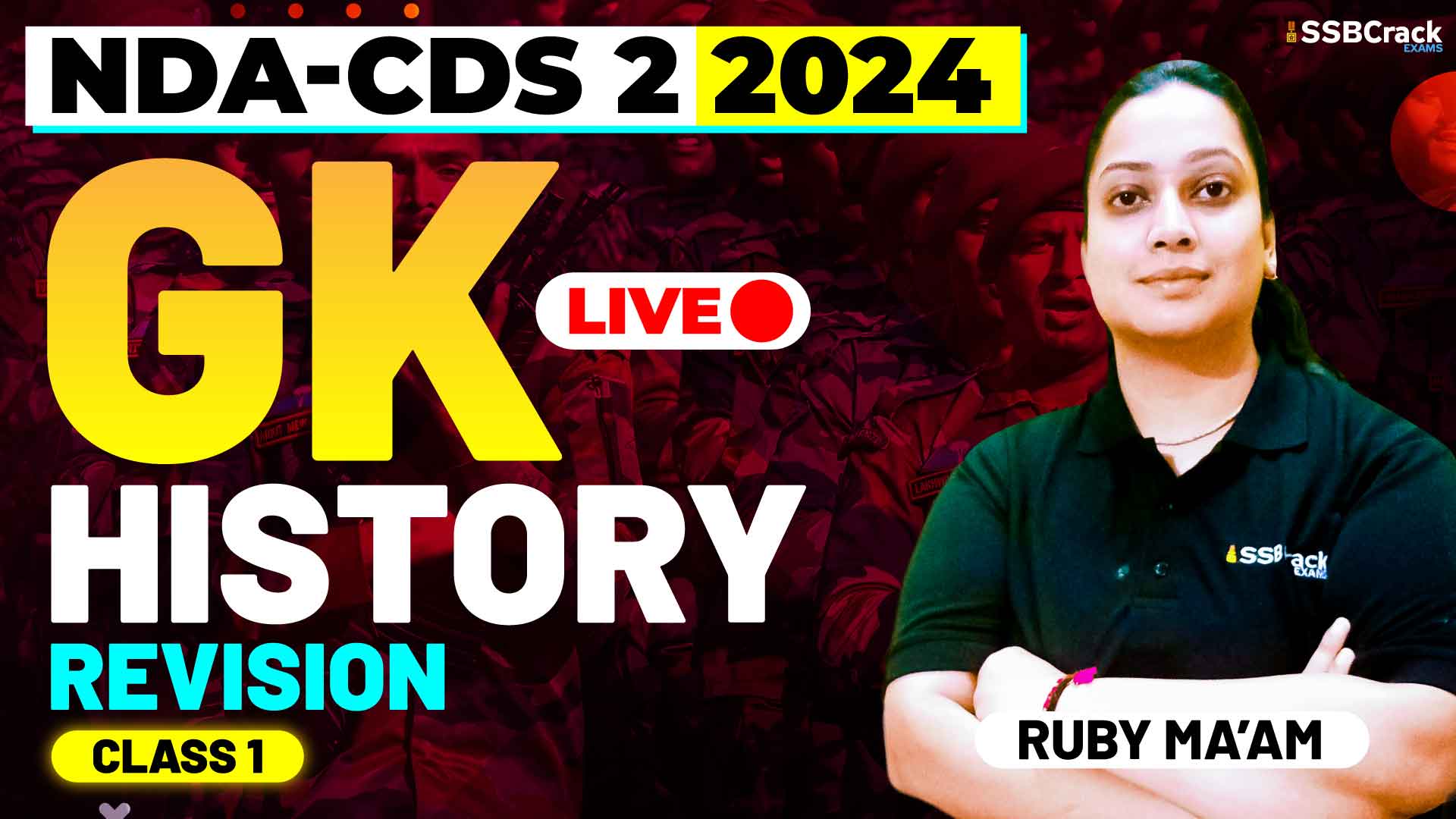Ancient history is a fascinating and essential area of study that allows us to understand the foundations of human civilization. The use of multiple-choice questions (MCQs) to test knowledge in this field has become increasingly popular due to their effectiveness in assessing a wide range of information and their ability to foster critical thinking. This article explores the significance of MCQs in the study of ancient history, highlighting their educational benefits and their role in enhancing our understanding of the past.
Benefits of MCQs in Studying Ancient History
1. Comprehensive Coverage
One of the primary advantages of MCQs is their ability to cover a broad spectrum of topics. Ancient history encompasses vast periods, from the rise of Mesopotamian civilizations to the fall of the Roman Empire. MCQs can include questions on various aspects, such as political structures, cultural developments, significant events, and influential figures, providing a comprehensive overview of ancient history.
2. Objective Assessment
MCQs offer an objective method of assessment, minimizing the subjectivity that can sometimes influence essay-based evaluations. Each question has a clear, correct answer, ensuring that students are assessed based on their knowledge and understanding of the subject matter. This objectivity is particularly valuable in large-scale testing environments where consistent and fair grading is crucial.
3. Encouragement of Critical Thinking
While MCQs may appear straightforward, well-designed questions can encourage critical thinking and deeper engagement with the material. Questions that require students to analyze, compare, and contrast different historical events or figures can enhance their analytical skills. For example, a question might ask students to identify the common factors that led to the decline of multiple ancient civilizations, prompting them to synthesize information and draw connections.
4. Efficient Review and Feedback
MCQs provide immediate feedback, allowing students to quickly identify areas where they need improvement. This instant feedback is beneficial for both students and educators, as it enables targeted review and helps track progress over time. Additionally, the efficiency of MCQ assessments allows for frequent testing, reinforcing learning and retention of historical knowledge.
5. Promotion of Retention and Recall
The format of MCQs often involves recognizing the correct answer from a list of options, which can aid in the retention and recall of information. The process of elimination and the need to differentiate between similar-sounding options reinforce memory retention. This is particularly useful in ancient history, where dates, names, and events can be challenging to remember without repeated exposure and practice.
Practical Applications in Education
1. Classroom Assessments
Teachers can utilize MCQs to evaluate students’ understanding of ancient history topics regularly. These assessments can be used as quizzes, mid-term exams, or final evaluations, providing a consistent measure of student performance throughout the course.
2. Standardized Testing
MCQs are a staple of standardized tests, such as the Advanced Placement (AP) exams and other national or international history assessments. Their inclusion in these tests underscores their reliability and validity as a tool for measuring historical knowledge.
3. Self-Study and Review
Students can use MCQs as a self-study tool to review and reinforce their knowledge of ancient history. Many educational resources, including textbooks and online platforms, offer practice questions that help students prepare for exams and deepen their understanding of historical content.
Conclusion
The use of multiple-choice questions in the study of ancient history offers numerous benefits, from comprehensive coverage and objective assessment to the promotion of critical thinking and efficient review. By incorporating MCQs into educational practices, educators can enhance the learning experience, foster a deeper understanding of ancient civilizations, and better prepare students for academic success. As we continue to explore the rich tapestry of human history, MCQs will remain a valuable tool in uncovering the lessons of the past and shaping the knowledge of the future.







